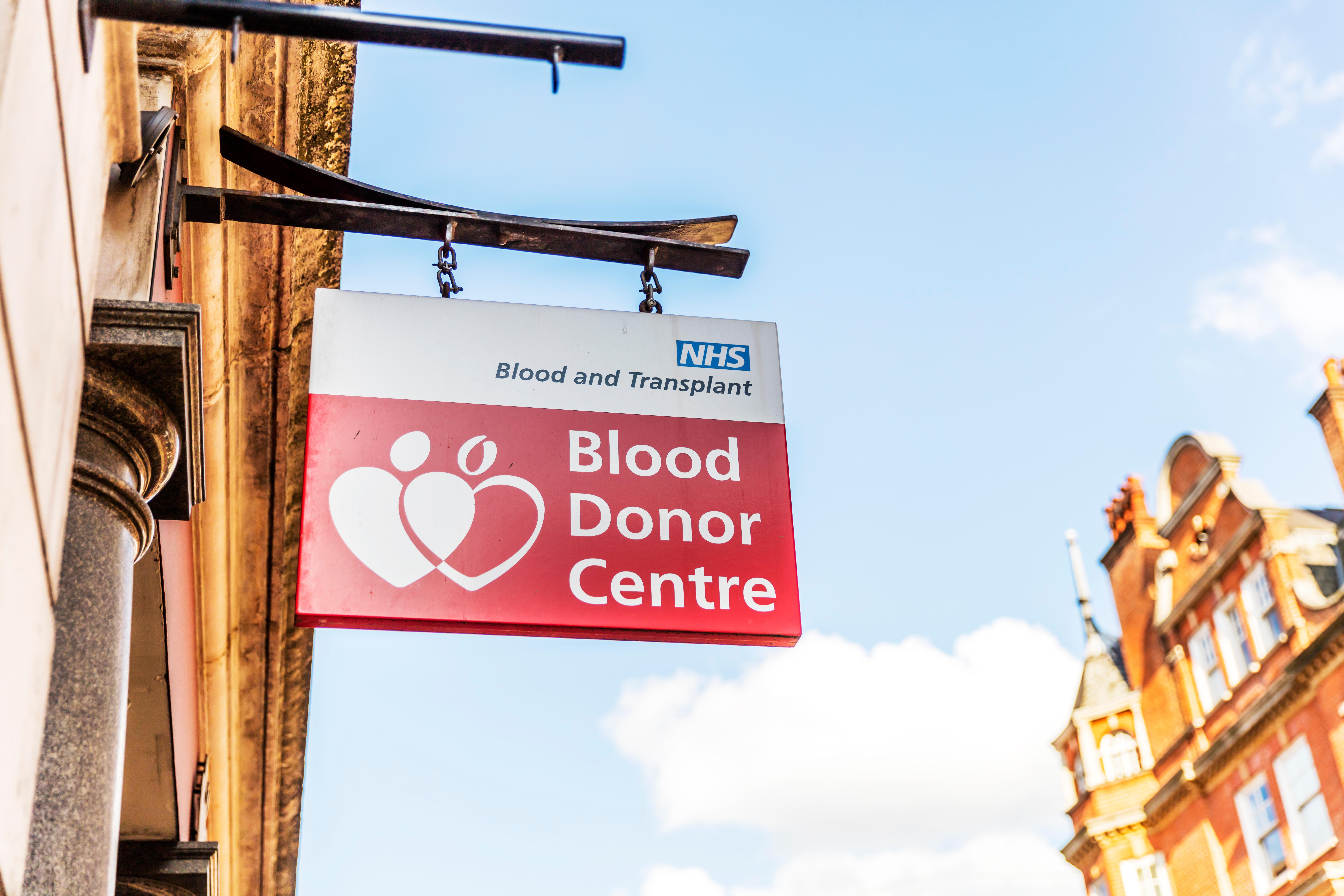Giving blood for the first time? 6 things you need to know
If you’re donating blood for the first time, here’s a few things to keep in mind.

As part of a new NHS campaign, Ryan Reynolds and Jodie Comer are encouraging more people to become blood donors.
The actors, who star together in forthcoming movie Free Guy appear in a funny short film explaining how one donation could save up to three people’s lives.
“There’s a little hero inside all of us,” Reynolds says. “Let’s do it together, let’s register today.”
So you’ve decided you want to give blood, checked you’re eligible (on the NHS Blood Donation website in the UK, or the Give Blood website in Ireland) and booked your first appointment.
That’s awesome, you really are a hero. But now what else do you need to know?
1. It won’t be very painful
Even if you’re not usually scared of injections, it’s normal to feel nervous about your first time giving blood. Rest assured, once the needle has been inserted you won’t be able to feel it, so you can lie back and relax (while keeping your hand/a muscle moving to keep the blood flowing). If the needle is painful at all, just let a member of staff know.
2. It won’t take long
You’ll have to do a quick finger prick test first to check the iron levels in your blood, then the actual donation – around 470ml of blood – will only take around five to 10 minutes.
Before your first appointment, you’ll also need to do a health screening with a nurse (you’ll be asked to fill in a pre-donation questionnaire), so make sure to leave a bit more time for that.
3. Avoid exercise
It’s important to avoid vigorous exercise on the day of your donation, both before and after, as your body needs time to replenish the fluids lost. Light exercise is sometimes fine, but if you attempt anything more strenuous you might feel light-headed or be at risk of fainting.
4. Fill up on fluids
Because blood is significantly made up of water, it’s essential you are well hydrated, so don’t drink alcohol before or after donating. Drink plenty of water instead – you’ll also be given 500ml to sip when you arrive at the donor centre.
5. Enjoy the snacks
One of the best things about donating blood? Free snacks! And yummy ones too. You’ll be asked to wait for about 15 minutes to check you’re OK after your donation, during which time you can indulge in a packet of crisps or a choccy bickie – you’ve just done a good deed, and research suggests you’ll have lost around 650 calories too.
6. Don’t forget to book your next appointment
Men can give blood every 12 weeks and women every 16 weeks, as that’s how long it takes your body to build up a sufficient store of red blood cells. While you’re munching your post-donation treat, why not go online and book your next appointment?
Bookmark popover
Removed from bookmarks